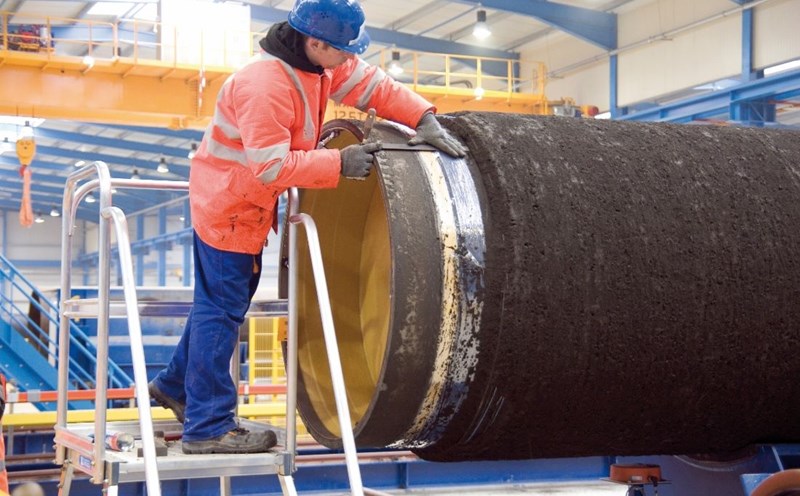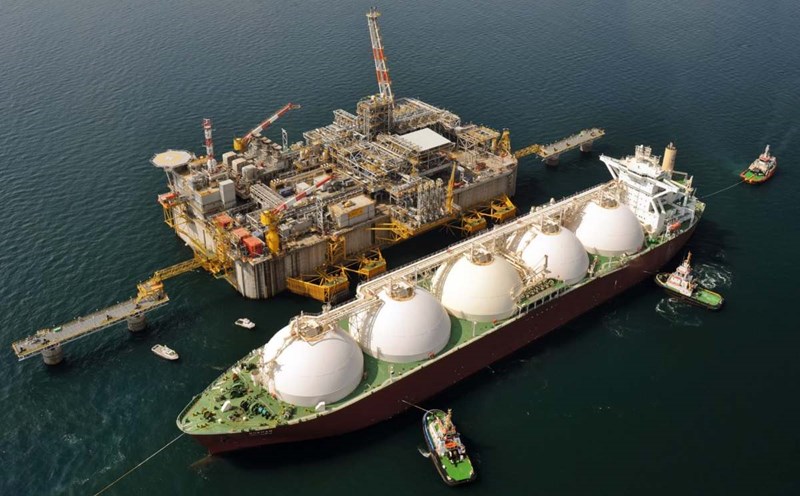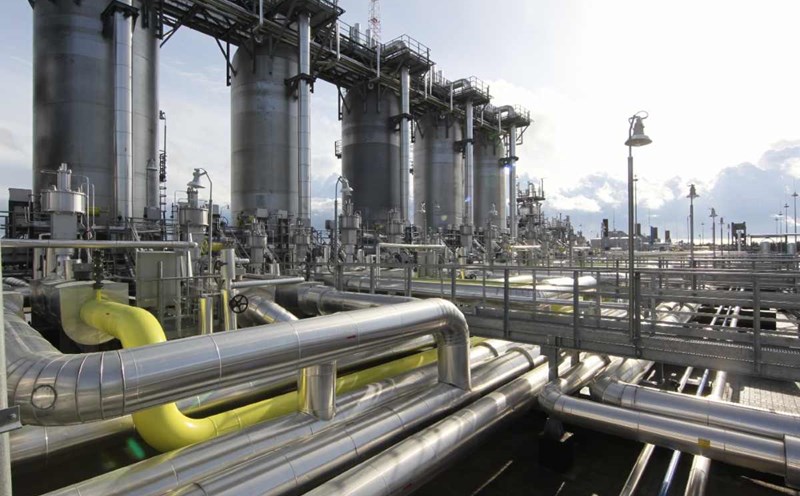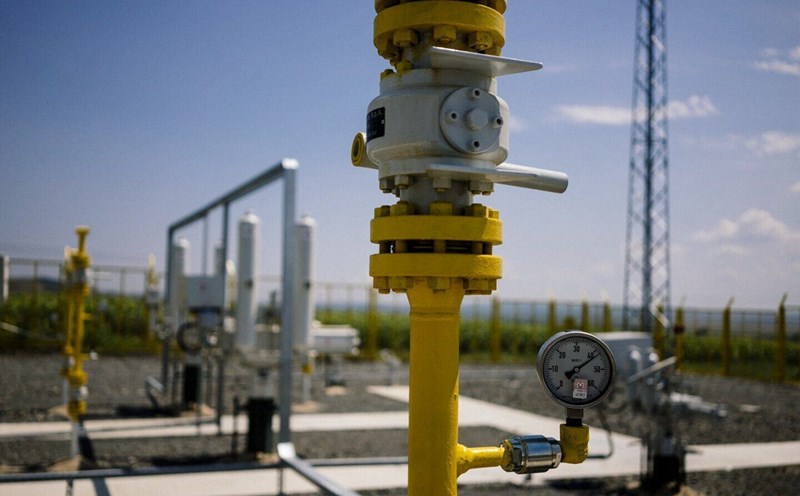For decades, Turkey has been a key transit hub for Russian energy to Europe. The European Union (EU) has issued a new proposal to tighten supervision of gas importers, with the aim of detecting and blocking supplies from Russia.
However, Turkey insists it will only apply sanctions approved by the UN Security Council, saying unilateral sanctions could cause economic damage and threaten energy security.
This situation could create a significant bottleneck. Experts warn that gas entering the EU via Turkey, especially at the Strandzha-Malkoclar connection point on the Bulgaria-Türkiye border and the smaller pipeline to Kipi connecting to Greece, could be mixed with Russian Sources before reaching Europe.
In 2024, the EU imported 1.9 billion cubic metres of gas via these routes, which could increase to 5.4 billion cubic metres, equivalent to a fifth of the total pipeline gas imports from Russia last year.
According to the 2023 signed agreement, Bulgargaz Company (Bulgaria) was allowed to send liquefied gas (LNG) to Botaş ports in Türkiye, then received back at the EU border. But the analysts said that the exact verification of the source of gas is almost impossible due to complex security contracts and transportation routes.
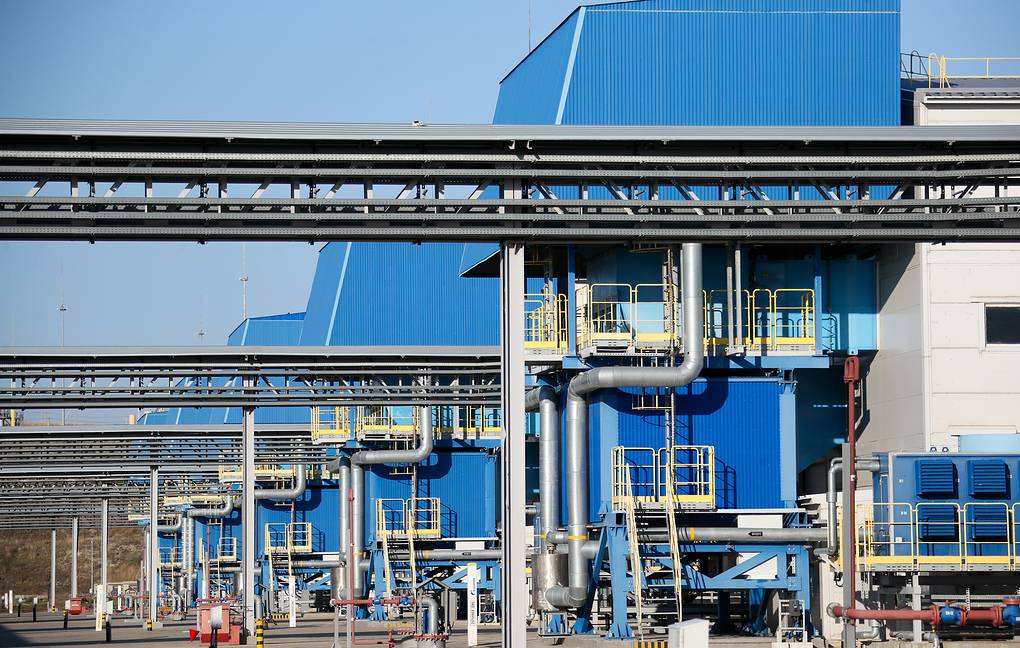
EU officials say that without Turkey's cooperation, the monitoring provisions in the new law could have expired. Although Turkey has affirmed its opposition to all acts of avoiding sanctions and publicizing import data, many opinions are still skeptical, citing previous accusations about the "beautification" of customs data related to Russian oil.
In the context of low EU-Türkiye relations, energy experts say Brussels may have to offer leverages such as restarting energy negotiations associated with Turkeys EU entry process, or unlocking capital from the European Investment Bank for green projects, in exchange for cooperation.
As the EU looks to cut off large amounts of Russian revenue, Turkey's stance is turning this goal into a risky "mouse- controlling" game.

